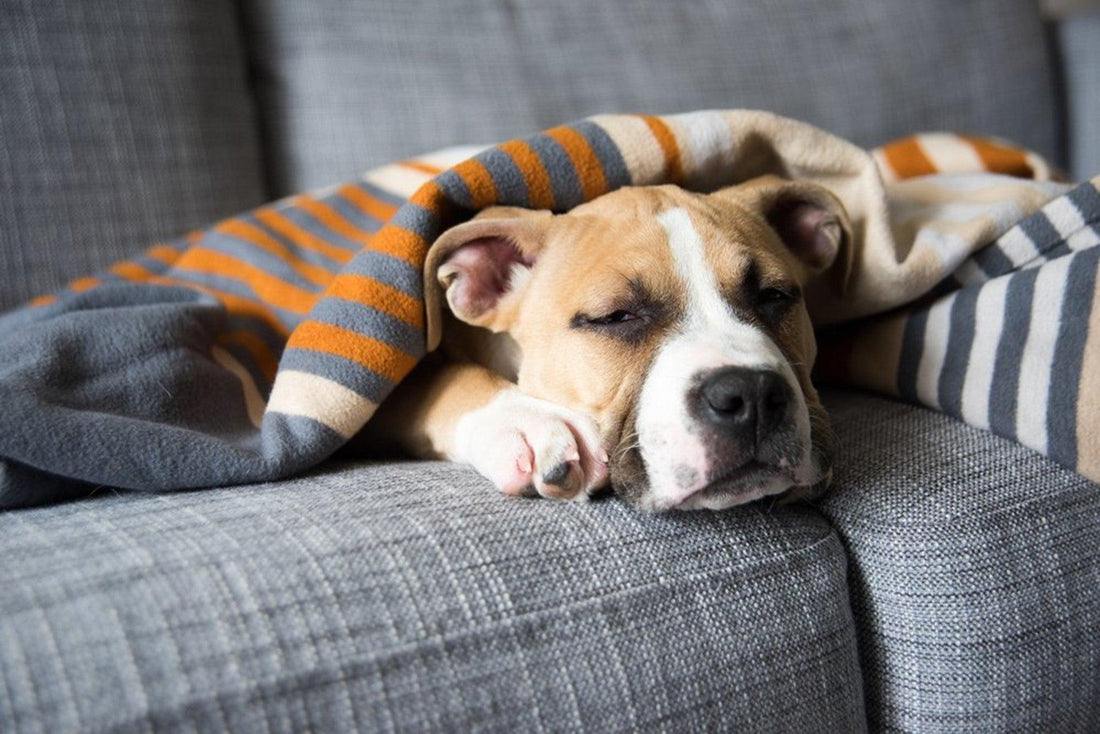We thought an interesting question to research was can pets get the COVID-19 virus? And what happens if they do?
Let’s break this down into further questions.
First, can pets spread COVID-19 to humans?

According to the Centres for Disease Control and Prevention in the USA, the risk of animals spreading COVID-19 to people is considered low. This is good news for both you and your furry loved ones.
But can we pass it onto our pets if we are infected?

The BBC website outlines a study completed where swabs were taken from over 300 pets in over 190 households where humans had COVID-19. Out of these swabs, six cats and seven dogs had a positive PCR test, and over 50 animals in total tested positive for the virus antibodies. This implies they had contracted COVID-19 at some point.
What happened to the pets who have so far contracted COVID-19?
There is little research to suggest animals who contract COVID-19 can become sick and die from it. This implies that although they can catch it, the risk of them having a negative reaction from COVID-19 is low. Of the small amount of research found, most pets who have contracted COVID-19 have experienced extremely mild symptoms, or no symptoms at all.
There are accounts of animals catching COVID-19 over the last 18 months, but only one mention of a COVID-19 related animal deaths. The German Shepherd in question was elderly and had cancer, so it is unknown whether they died from pre-existing conditions, or COVID-19.
So, what do I do if my pet contracts COVID-19?

Recommendations from countless websites includes treat your pet who gets COVID-19 the same way you would treat a family member or flatmate who gets COVID-19:
- Aim to isolate your pet in a separate room away from the rest of your family and have your pet stay at home – no taking them for walks or letting them outside.
- Wear gloves when you interact with your pet or their food, dishes, toileting waste or bedding.
- Wash and sanitise your hands after touching any of your pet's items.
- Don't put a face covering on your pet and don't wipe your pet with disinfectants – this can be extremely dangerous for their health.
- If your pet develops new symptoms or seems to be getting worse, call the veterinarian. CALL ONLY!! Do not turn up without an appointment.

